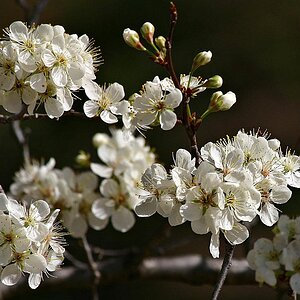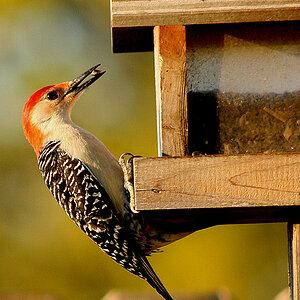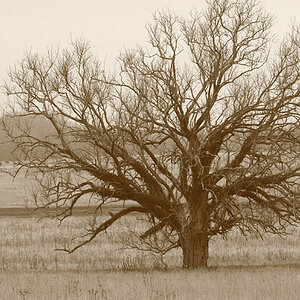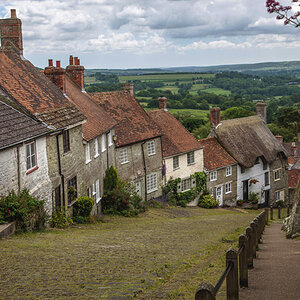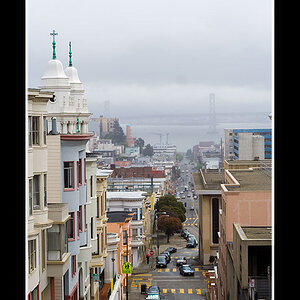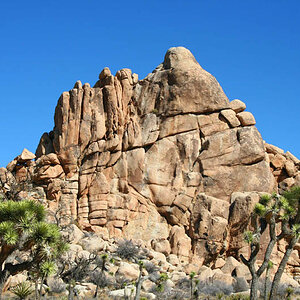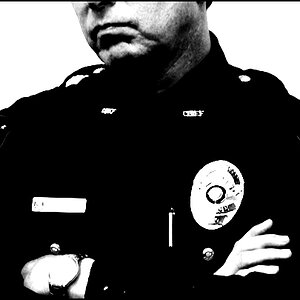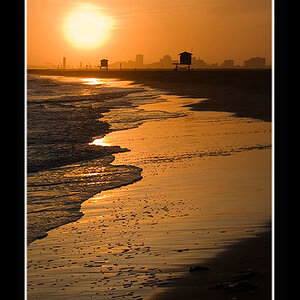jbetz
TPF Noob!
- Joined
- Sep 29, 2009
- Messages
- 19
- Reaction score
- 0
- Location
- Bedford, NH
- Can others edit my Photos
- Photos OK to edit
Hi everyone. I am looking for some advice about which camera to purchase for professional work. Specifically, I am wondering whether there is an established line between professional DSLRs and consumer DSLRs.
I am looking to make an investment in a new camera and would like to future-proof my purchase.
Are there minimum specifications I should look for? For example, should I definitely purchase a camera with a full-frame sensor or would an APS-C or other smaller sensor be sufficient for professional work. (I know that "professional work" is way too broad. I am interested primarily in print and web-based photojournalism, as well as art photography for galleries, nothing huge, but I don't want to limit myself).
Are there benchmarks to look for, like sensor size, megapixels, etc? I'm considering the new Canon 7D, but do others think this is a viable option for a serious professional photographer? Up to this point I have used a D90 but would like to purchase something a bit nicer (not to mention I no longer have access to this camera). What are the best options?
Thanks for the help!
I am looking to make an investment in a new camera and would like to future-proof my purchase.
Are there minimum specifications I should look for? For example, should I definitely purchase a camera with a full-frame sensor or would an APS-C or other smaller sensor be sufficient for professional work. (I know that "professional work" is way too broad. I am interested primarily in print and web-based photojournalism, as well as art photography for galleries, nothing huge, but I don't want to limit myself).
Are there benchmarks to look for, like sensor size, megapixels, etc? I'm considering the new Canon 7D, but do others think this is a viable option for a serious professional photographer? Up to this point I have used a D90 but would like to purchase something a bit nicer (not to mention I no longer have access to this camera). What are the best options?
Thanks for the help!


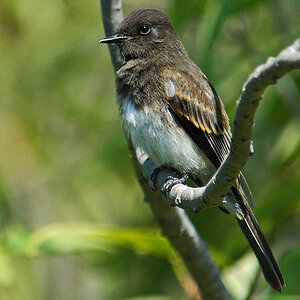
![[No title]](/data/xfmg/thumbnail/39/39290-dfb3e819bd94a7f30797638ae1ae27cf.jpg?1619738958)
